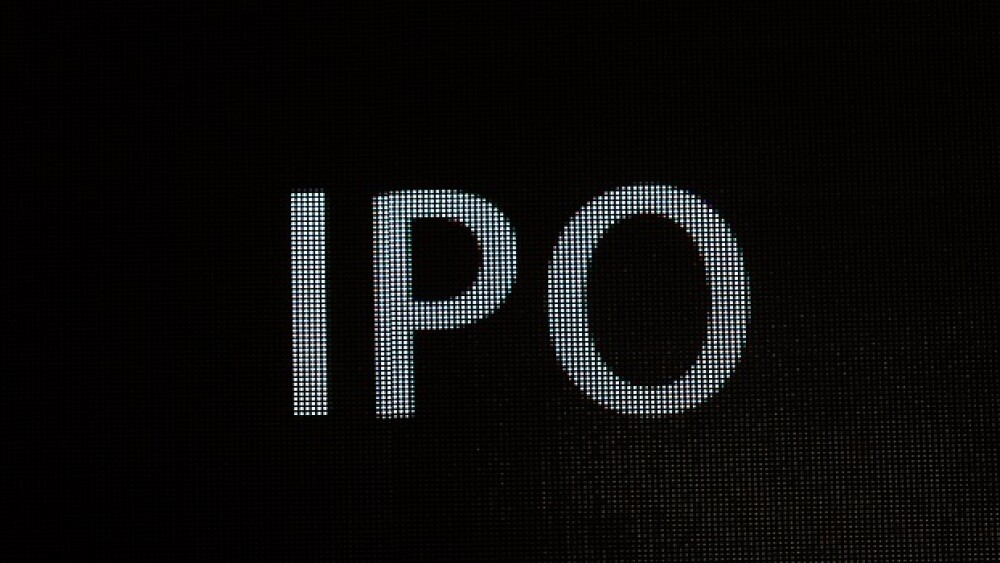A company focused on aging-related ailments is looking to infuse new life into its coffers through an initial public offering. Unity Biotechnology is seeking to raise $85 million in the IPO as it takes its lead candidate into the clinic later this year.
A company focused on aging-related ailments is looking to infuse new life into its coffers through an initial public offering. Bay Area-based Unity Biotechnology is seeking to raise $85 million in the IPO as it takes its lead candidate into the clinic later this year.
Fresh off the heels of a $55 million Series C financing round in March Unity filed an Investigational New Drug Application with the U.S. Food and Drug Administration UBX0101, a potent senolytic small molecule inhibitor of the MDM2/p53 protein interaction. Unity will determine if its lead product is a good candidate to treat musculoskeletal disease with an initial focus on osteoarthritis.
In addition to UBX0101 Unity has plans to place a second drug candidate into the clinic in 2019. The second candidate, UBX1967 is the company’s lead drug candidate for ophthalmologic diseases. UBX1967 is a Bcl-2 inhibitor. The company did not identify what ophthalmologic indication for which it intended to take UBX1967 into the clinic.
Unity’s therapeutic candidates are aimed at cleansing “toxic” senescent cells, which the company believes could help reverse, or at least slow down, the effects of several ailments associated with aging. In a filing with the U.S. Securities and Exchange Commission Unity outlined four advantages its senolytic medicines have over other therapies that target age-associated diseases, which include musculoskeletal, ophthalmologic, and pulmonary disorders. Unity said its senolytic medicines target the root causes of aging diseases and are dosed intermittently. Unity said senescent cells accumulate at disease sites, which simplifies multiple aspects of clinical development. The fourth advantage, the company said, is that senolytic medicines restore tissues to a healthy state.
In the filing Unity said the funds raised from the IPO would support its operations through 2020. That would include a data readout from the company’s first Phase I trial for UBX0101, as well as two additional Phase I clinical studies of Unity’s lead programs for ophthalmologic and pulmonary disorders.
In its filing Unity made clear that its programs are delving into high-risk areas regarding age-related diseases. When Unity first launched in 2016 Nathaniel David, Unity’s president and a co-founder, told BioSpace that he imagined a world where senolytic medicines meant that people could live a full life even in advanced years. He imagined that, if Unity’s therapies worked as intended, people could play vigorous games of tennis into their 90s.
But, before David’s vision can be realized, Unity’s products will have to succeed in the clinic.
“Diseases of aging drive significant healthcare spending. It is estimated that providing healthcare for people over the age of 65 costs four to five times more than for younger individuals,” Unity said in its SEC filing. “We believe that by creating medicines that target fundamental aging mechanisms, we can reduce the economic, personal, and societal burden of aging and enhance quality of life.”
Unity plans to trade under the ticker symbol UBX.





